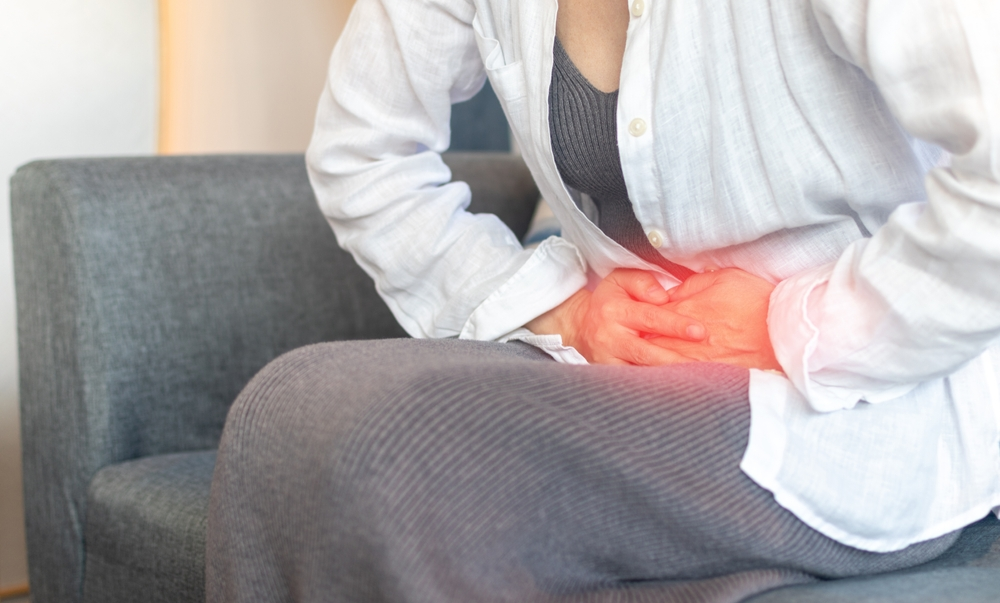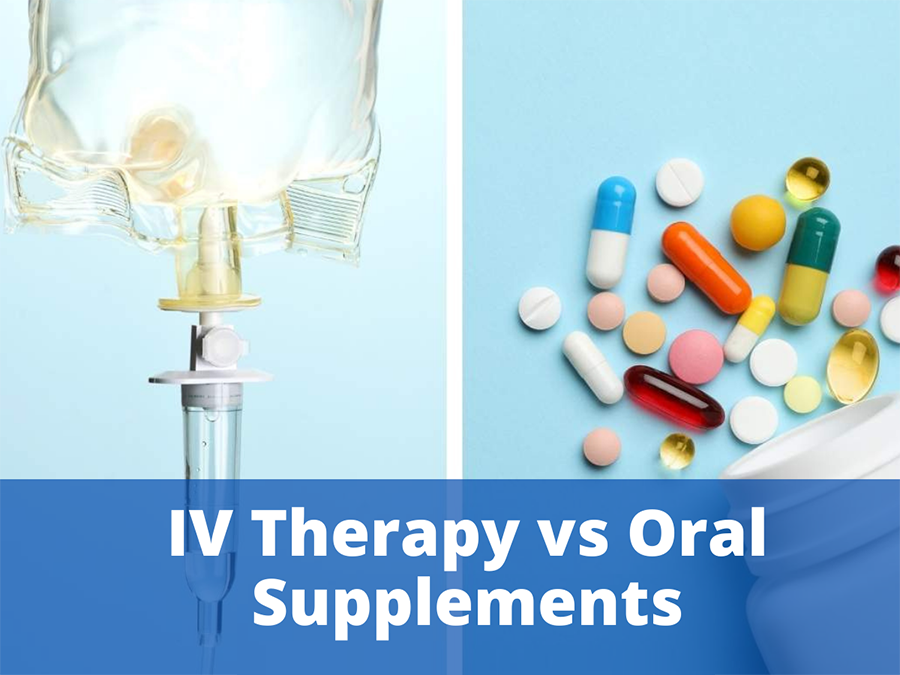
What is Chlamydia?
A sexually transmitted infection (STI) called chlamydia is brought on by Chlamydia trachomatis. It is one of the most common STIs worldwide and can affect both men and women. While often asymptomatic, untreated chlamydia can lead to severe complications, making understanding its symptoms, causes, and treatment options essential.
Chlamydia Symptoms
Common Chlamydia Symptoms in Women
- Abnormal vaginal discharge
- Painful urination
- Pain during intercourse
- Bleeding between menstrual cycles
Common Chlamydia Symptoms in Men
- Discharge from the penis
- Testicular pain or swelling
- Painful urination
- Burning or itching at the penis's tip
Chlamydia Causes
Chlamydia is caused by the bacterium Chlamydia trachomatis. It is mainly transmitted via sexual activity, which includes vaginal, oral, and anal intercourse, with an individual who is infected.
How Does Chlamydia Spread?
Chlamydia spreads mainly through sexual contact. Transmission can also occur when an infected mother passes the infection to her newborn during the process of childbirth.
How is Chlamydia Diagnosed?
How is Chlamydia Diagnosed?
Types of Tests for Chlamydia
Chlamydia trachomatis types of tests:
- NAAT, or PCR test, which is performed on urine, urethral or vaginal discharge. It is the most used nowadays
- Urine culture, however, it is not the gold standard nowadays, because of the sensitivity of the test that is not 100%
- Blood test to detect antibodies against chlamydia trachomatis, IgG, IgM, and IgA
Interpreting Test Results
A positive result indicates the presence of the bacteria, requiring treatment. A negative result means that the infection was not detected during testing.
Chlamydia Treatment Options
Antibiotics are the standard treatment for chlamydia. Both partners should get treated simultaneously to prevent re-infection. It's crucial to complete the entire course of antibiotics, even if symptoms improve.
Preventing Chlamydia
- Use condoms during sexual intercourse
- Limit the number of sexual partners
- Get regular STI screenings
- If you or your partner is receiving chlamydia treatment, avoid sexual activity.
Chlamydia FAQs
Can chlamydia go away?
Chlamydia will not go away on its own and requires medical treatment.
Why wait seven days after chlamydia treatment?
The antibiotics work in your system for several days after your last dose. Waiting seven days allows the medication to fully clear the infection.
How long does chlamydia last?
If treated, the infection should clear up within one to two weeks of starting antibiotics. Left untreated, it can cause severe complications.
What happens if you get chlamydia?
If left untreated, chlamydia can lead to severe health issues like infertility, ectopic pregnancy, chronic pelvic pain in women, and epididymitis in men.
Recent Posts
-

Anti-Aging IV Drip Therapy Benefits and How It Works
Ageing is a natural biological process that affects every living organism over time. As humas, when we age, cellular repair slows down, hydration levels decrease, oxidative stress increases, and essential nutrient absorption becomes less efficient.
January 24, 2026 -

IV Therapy vs Oral Supplements: Which Is More Effective?
Many people take daily supplements because they feel like a part of their routine, but the body does not process every tablet the way anyone expects or believes it does. Some days, absorption can be steady; other days, it can't be guaranteed, for reasons that have little to do with the dose itself... Read more
January 21, 2026 -

Types of STD Tests: Blood, Urine, Swab and Rapid Tests Explained
STD testing is considered essential for early detection, accurate diagnosis, and effective treatment of sexually transmitted infections. Many STDs show little or no symptoms, making regular screening an important part of sexual health and wellbeing ... Read more
January 16, 2026 -

How Modern Labs Detect STDs: The Science Behind the Tests
Sexually transmitted infections can often stay silently in the body, sometimes creating subtle changes that leave a person uncertain about what is happening. Modern diagnostics and STD/ STI lab tests help bring clarity by studying tiny pathogens that the body is being exposed to long before it becomes an actual health risk.
January 06, 2026 -

Multivitamin IV Drip: How Beneficial Are They?
A Multivitamin IV Drip is a sterile infusion that combines nutrients such as vitamin C, B-complex vitamins, magnesium, and calcium in a balanced, hydrating solution. At Health Call, this popular treatment is used to support overall hydration ...
December 10, 2025




